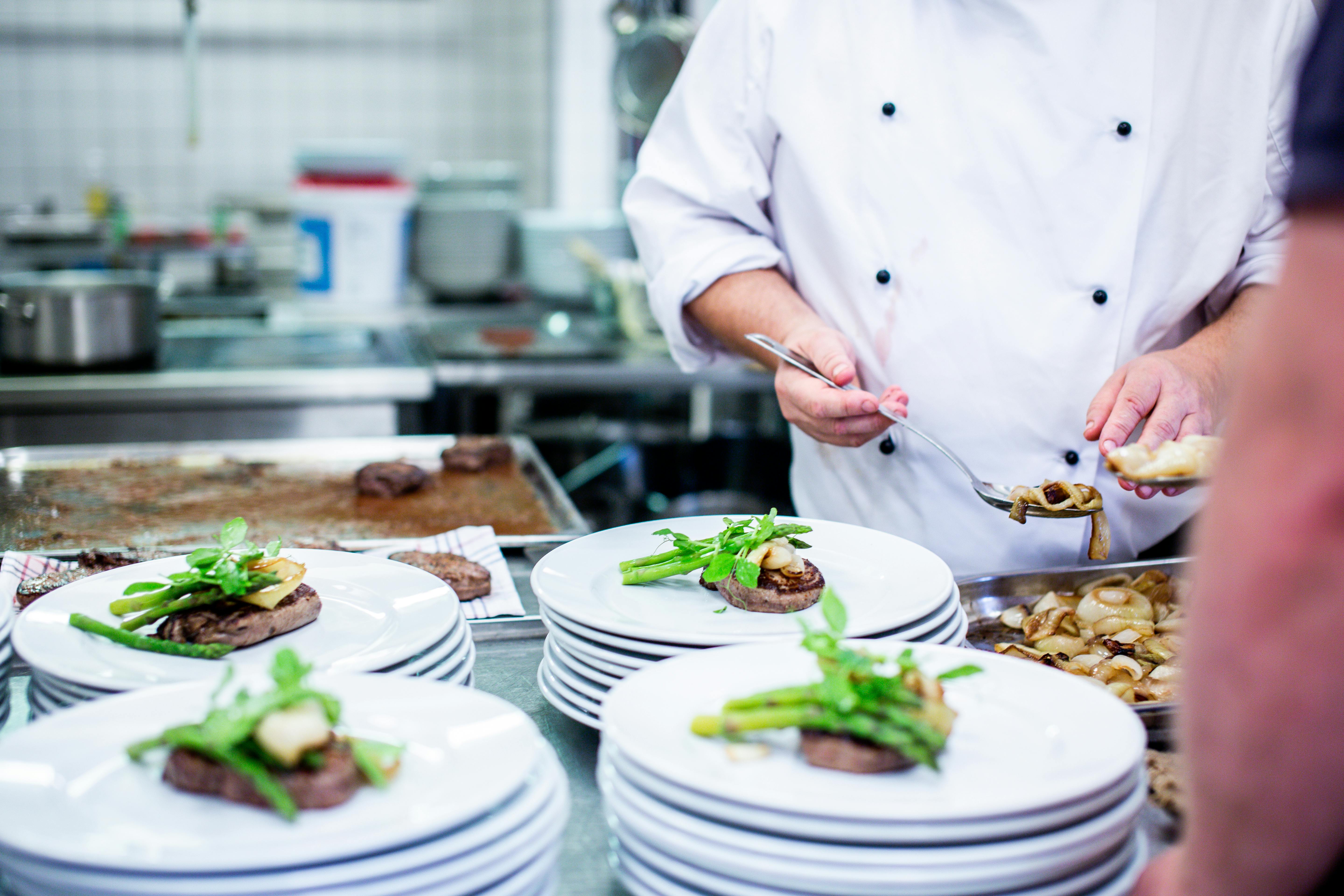In the bustling hub of a kitchen, where creativity meets culinary skill, ensuring food safety is paramount. Whether you're a seasoned chef, a home cook, or a food handler in a commercial setting, avoiding common food safety mistakes is crucial to protecting the health of those who will enjoy your creations. In this blog post, we'll delve into the top 10 food safety mistakes to steer clear of in the kitchen.

1. Neglecting Hand Hygiene: One of the most basic yet critical aspects of food safety is proper hand hygiene. Failing to wash hands thoroughly and frequently can lead to the spread of harmful bacteria and pathogens onto food surfaces, utensils, and ultimately, into meals.
2. Cross-Contamination: Mixing raw meats, poultry, or seafood with ready-to-eat foods or using the same cutting board or utensils without proper cleaning can result in cross-contamination. This can lead to foodborne illnesses such as salmonella or E. coli.
3. Inadequate Temperature Control: Incorrect temperature control during food storage, cooking, and reheating can allow bacteria to multiply rapidly. Failing to store perishable foods at the appropriate temperature or undercooking meat and poultry can pose serious health risks.
4. Thawing Foods Improperly: Thawing frozen foods at room temperature or in warm water promotes bacterial growth. The safest methods for thawing include refrigeration, cold-water immersion, or using the microwave.
5. Ignoring Expiry Dates: Consuming expired foods or using ingredients past their prime increases the risk of foodborne illness. Always check expiration dates and discard any items that have expired.
6. Improper Cleaning of Surfaces and Utensils: Inadequate cleaning of kitchen surfaces, cutting boards, and utensils can lead to the accumulation of harmful bacteria. Thoroughly clean and sanitize all equipment and surfaces after each use to prevent contamination.
7. Leaving Leftovers Out for Too Long: Allowing leftovers to sit at room temperature for an extended period provides an ideal environment for bacteria to thrive. Promptly refrigerate or freeze leftovers to prevent foodborne illnesses.
8. Inadequate Personal Hygiene: Food handlers must maintain proper personal hygiene to prevent the spread of illness-causing bacteria. This includes wearing clean clothing, covering cuts and wounds, and refraining from working when ill.
9. Using Damaged or Contaminated Ingredients: Inspect food items for signs of damage, mold, or contamination before use. Using compromised ingredients can compromise the safety of the entire dish.
10. Improper Food Handling Practices: Mishandling food during preparation, such as using the same utensils for raw and cooked foods without washing them in between, can lead to cross-contamination and foodborne illness.
Remember, maintaining food safety in the kitchen requires attention to detail, adherence to best practices, and a commitment to cleanliness and hygiene. By avoiding these common food safety mistakes, you can help ensure that the meals you prepare are not only delicious but also safe for consumption. Remember, prioritizing food safety is essential for the well-being of yourself and those you serve.
If you're looking for comprehensive food handler training and food allergen safety training, consider enrolling in the following LIQUORexam.com courses: